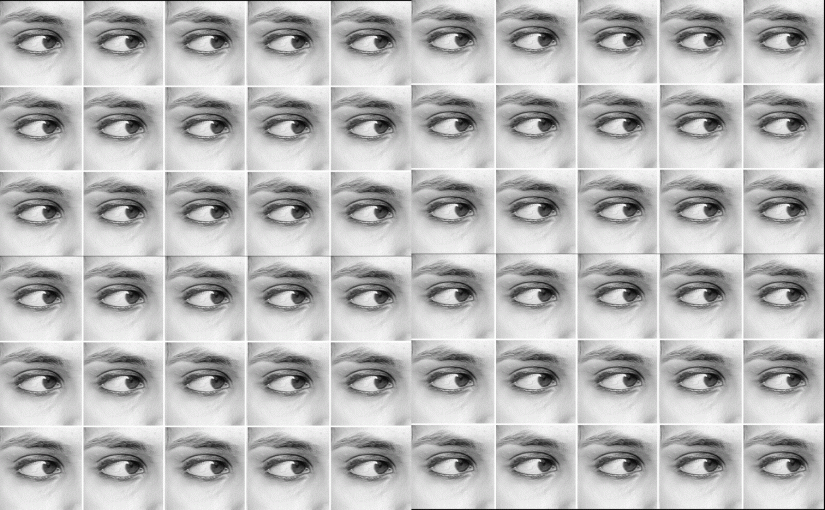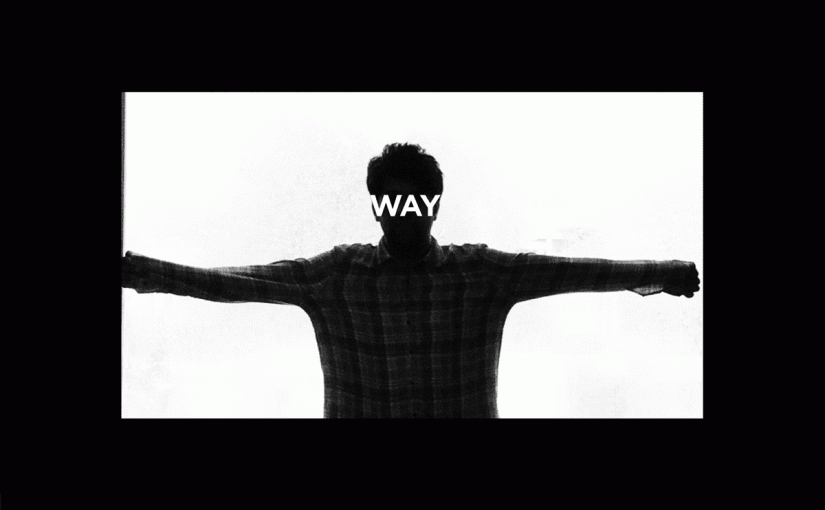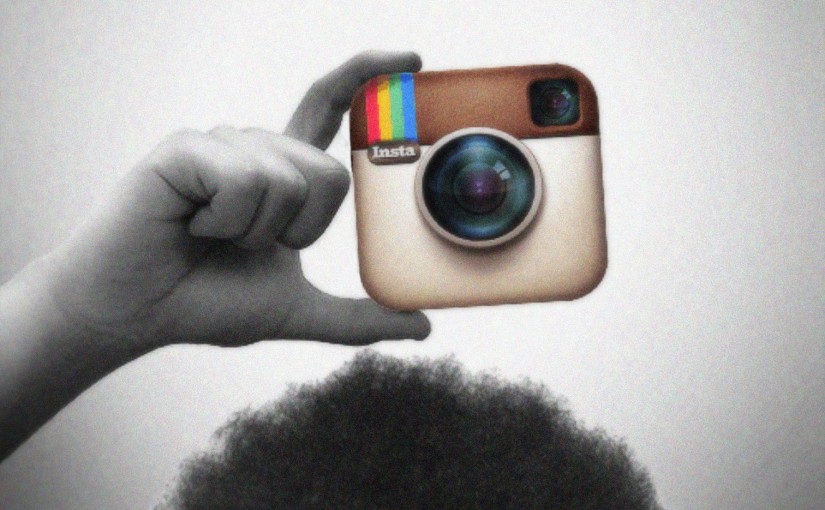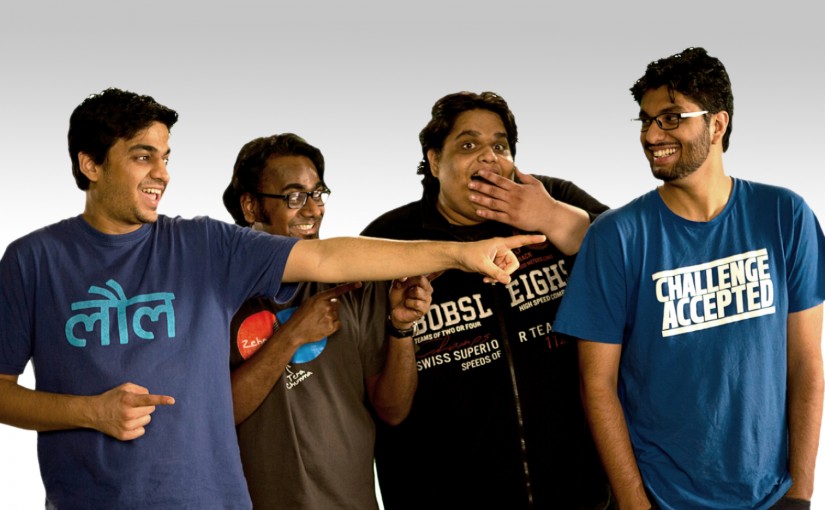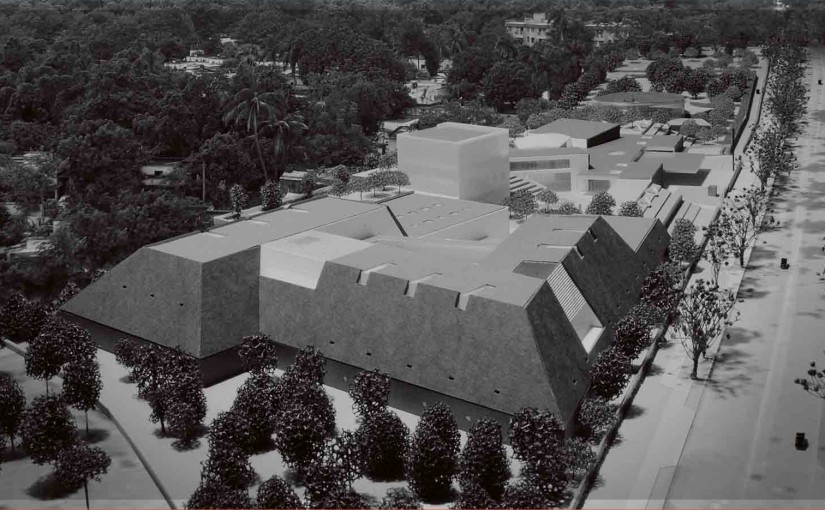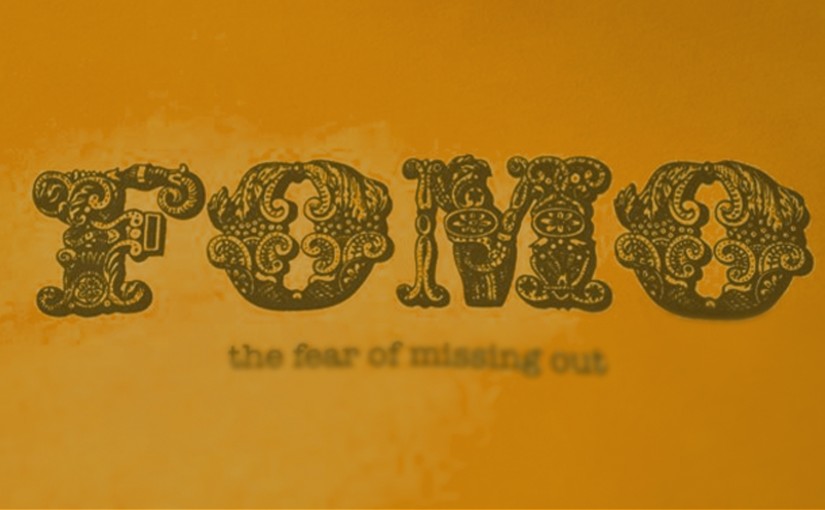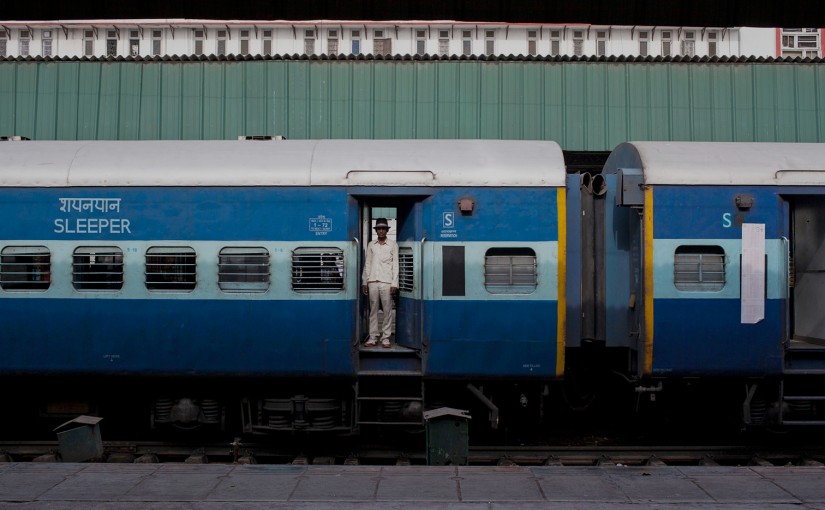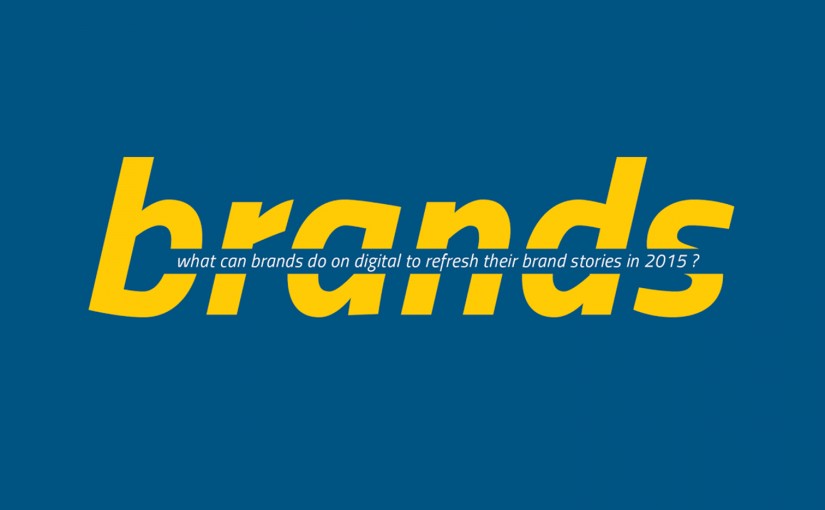Drop us a few lines about the task and we will get back immediately to see we how we can take the discussion forward. Alternately, just pick up the phone and speak with us at +91 9910034330 and we would be happy to help.
- - Do tell us a little about the nature of your business.
- - Be specific about what you’d like us to help you with.
- - Knowing your budget always helps us plan a suitable intervention.
- Blog
The digital medium – context for India #Elections2014
-
The digital medium – context for India #Elections2014
I was recently interviewed by Governance Now, a fortnightly magazine focusing on governance and processes in the public life in India. My interview about the need for politicians to be present to the impact of digital and social media, was published in a recent issue of the magazine, but as I looked through my notes, I thought there was value in putting down my thoughts as a blog post.
____
Let’s look at what’s happening globally – you will see two-three phenomenon that are driving experiences in governance revolve around participation, transparency, and movements.
The days of the ‘ruling’ and the ‘ruled’ are over. People are now saying, “As my representative, can you help manage my affairs better? I want peace, I want economy, I want jobs.” This is one aspect of the change that you’ve seen. Every dictatorial economy/country has seen revolutions. We have seen people take to the streets in India. We are seeing the vocalisation of concerns and thoughts like never before. Why is all this happening? One reason is of course that people are saying, “I’m not going to stand for this any more.” But more importantly, we are seeing a completely new generation go mainstream, it the young people.
You will see that globally, the transition of the web from predominant work use to predominant use for personal connections. When those personal connections come into play, on one side the digital medium allows you speed of connection, of being able to reach out to people in real time or through asynchronous communication which could be recorded messages and so on and so forth, but on the other side, it is also about open conversations. What do I mean by open conversations? SMS is not a new medium, SMS has been around for a long time, virals have been happening on SMS for a long time. But even then, one -to-one exchanges on mediums like the mobile were predominantly what I call ‘silent exchanges’. I messaged a friend, it stayed between me and that person. But now when I put out a Facebook or Twitter update, 300 of my friends see it. And then 10 of them share it with 300 of their friends/followers each. And content seems to now become not just more visible, but also viral. So it’s the visibility that is adding to the virality.
The world over, there is a movement phenomenon that’s coming into play, where people are participating in causes, where people are signing mandates, and pledges, and these are circulating. That’s one side of technology.
The second side of technology is now, linked with people making educated choices. The information economy. Today, because everything is permanent, nothing will go away. So there is a Wikipedia page on every episode in history. History is mostly politics. So if I want to know, why did the country go through a partition, I have a Wikipedia page. I have access to everything that was ever written about the topic. So in the information economy, it is extremely important that my points of view are available. That I am participating in conversations with people who may think alike, or contrary. That I am available for people to consume and engage with. And hence comes the role of channels like Google, Wikipedia and search.
Then, let’s talk about the third aspect of technology. The implicit impact that all of this is having on our opinion. What my friend says about Rahul Gandhi or Narendra Modi might impact my opinion about them. I might not realise it today, but over a period in time – the impact is implicit. The implicit impact of this medium is very powerful. Its actually the implicit impact of this medium that is more powerful than the explicit visible impact, in shaping opinion, in deciding preferences.
And, last but not the least, what this medium does is, say for example how we have seen Narendra Modu use this medium, is almost like a rock-star. Which is a larger than life persona. I can be physically only in one place, but digitally I can be in a thousand, the ability to multiply my presence and engagement and impact, and on one hand allowing me to come down, to reach out to everyone, like an Omar Abdullah does, but at the same time, also be able to come in on a grand scale. Look at the beauty of this medium, it allows me to be both, grand and down-to-earth, in touch with one-on-one interactions. So it is not about a medium, but it is about a society, and a culture , an ecosystem that is being woven together with a thread, the invisible thread of digital technology, that is bringing all these people, the population, their opinions, their wishes, their aspirations, their demands, their thoughts, their voices, all together.
Now if this is the future and politics is what is going to drive this nation, which has always driven the nation, then should the politicians be using this medium, or should they not be using this medium? The answer is very clear.
At this point in the interview I was asked if politicians would use the medium carefully, or if they’d just pump in a lot of money.
I don’t think it is about the money. I think if you see, the space is evolving. There are enough instances, while there are different instances, say for example, the Obama campaign. The Obama campaign is no longer new, it’s two elections. There are enough learnings. There are learnings from Narendra Modi, from Omar Abdullah, from the Anna Hazare episode. There are learnings both good and bad from that. There are learnings from the uprising around the recent unfortunate incident in Delhi.
If you see, there are so many learnings that are available for political parties, and in the elections 2014, this medium is going to play an extremely important role. From ‘entertain and inform’ to direct engagement, to the use of digital technology to create a grand persona, to coming down on planet earth and participating. What we may not see this election, unlike in the US, where fund-raising was a big part of the Obama election, particularly the first one where his success is credited really, to the small funds that were contributed by the voters there, I don’t think we will see that happen in India yet. But I think the stage is set. The governance of tomorrow will be based, rooted in transparency, participation. The digital medium is going to drive it. So it is first of all, not about money. Sure, money is important, but first is about taking a strategic view to understand what’s driving the change. What are the various aspects of this medium? It’s not one; there are four-five different aspects. You have to de-construct the whole thing.
And it’s not a short term play. So if you see, there are probably a handful of people that have understood that it’s not short term. Narendra Modi, very clearly, is among the few that have understood. And he’s really gone about, very carefully, using this medium, participating. So it’s not just about setting up presence. The Prime Minister’s office on the other hand, has not really used this medium well. Narendra Modi has. So I think some of the people have understood that just by creating a presence does not guarantee engagement. And I can’t be doing this once the elections are announced. This has to happen much before. And the beautiful part is, the elections are not going to be over this time, the elections are never going to be over again. The distance between the politicians and the public is now an arm’s length. The answerability is not going to go away.
What do you think?
Disclaimer: Views of authors are personal and do not represent the views of Blogworks, or any of its clients.
-
Contact
conversations@blogworks.in
+91-9910034330 -
Newsletter
-
Social










